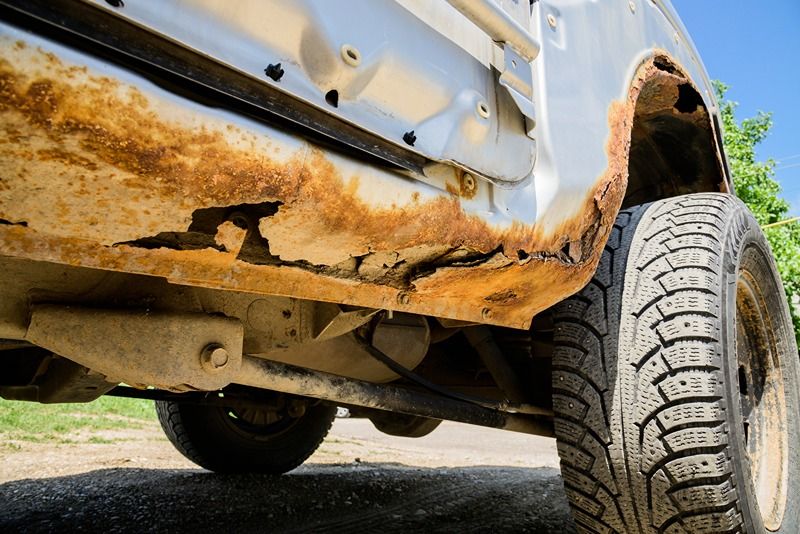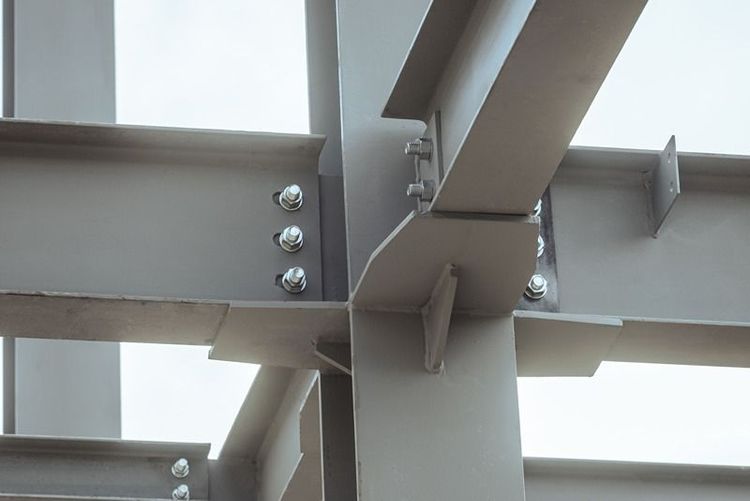Steel is an essential material in industrial and machinery applications, offering strength, durability, and versatility. However, its susceptibility to corrosion poses a significant challenge, particularly in the extreme environmental conditions found across India. High humidity, coastal salinity, industrial pollutants, and temperature variations accelerate steel degradation, leading to reduced operational efficiency and increased maintenance costs. Corrosion-resistant steel coatings provide an effective solution, enhancing the lifespan and performance of steel components used in harsh climates.
How corrosion-resistant coatings protect steel
Corrosion-resistant coatings form a protective barrier between steel and environmental elements, preventing oxidation, rust, and surface deterioration. These coatings use advanced chemical compositions and application techniques to withstand aggressive atmospheric conditions, including exposure to moisture, salt, chemicals, and UV radiation.
Zinc coatings, such as galvanisation, provide sacrificial protection, ensuring the steel remains intact even when the coating is breached. Epoxy and polyurethane coatings offer strong chemical resistance, shielding industrial machinery from corrosive substances commonly encountered in manufacturing plants. Ceramic coatings enhance thermal stability, making them suitable for high-temperature environments, while fluoropolymer coatings ensure non-stick properties for specialised machinery applications.
Choosing the right coating for Indian climatic conditions
The diverse Indian climate demands tailored corrosion-resistant solutions. In coastal regions such as Mumbai and Chennai, where salt-laden air accelerates rust formation, hot-dip galvanisation and zinc-aluminium coatings provide robust protection. Industrial hubs like Delhi and Ahmedabad, exposed to high pollution levels and chemical fumes, benefit from epoxy-based coatings that resist acid and alkali attacks.
For extreme temperature variations, as experienced in Rajasthan and central India, ceramic coatings with thermal insulation properties prevent steel components from deteriorating due to heat-induced expansion and contraction. In high-humidity zones such as Kerala and Assam, polymer-based coatings offer water resistance, reducing moisture penetration and subsequent corrosion.
Application techniques for maximum durability
The effectiveness of corrosion-resistant coatings depends on proper surface preparation and application methods. Abrasive blasting removes existing rust and contaminants, ensuring strong adhesion. Thermal spraying, electroplating, and powder coating techniques provide uniform coverage and superior durability compared to conventional paint applications.
Advanced nanotechnology-based coatings are gaining traction, offering ultra-thin yet highly effective corrosion barriers. These coatings provide self-healing properties, enhancing longevity and reducing maintenance requirements for industrial machinery and infrastructure components.





 +91 7208055523
+91 7208055523
 Help & support
Help & support
